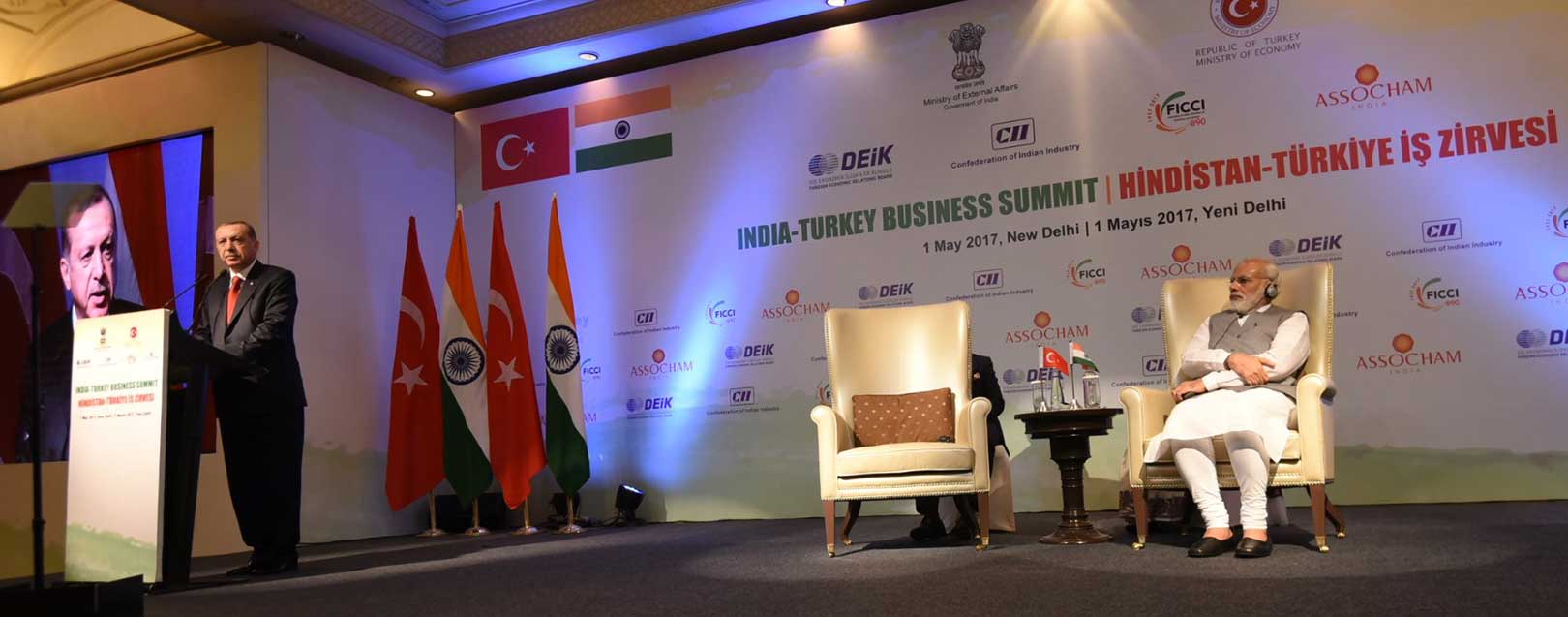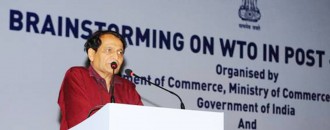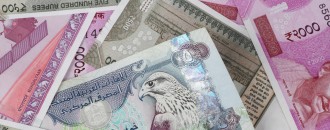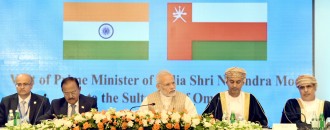
India-Turkey review trade and security agreements
The Dollar Business Bureau
Indian Prime Minister Narendra Modi and Turkish President Recep Tayyip Erdogan have recently held conversations and reviewed security and trade agreements with a view to improve trade between the two countries. The President’s first foreign visit, after the recent 16th April referendum was a closely observed spectacle as the two countries have observed an increase in bilateral trade and there was hope that this number could only be increased in recent times. Both leaders vowed to work together and to strengthen cooperation bilaterally and multi-laterally at a press conference organized during Erdogan’s first day in the capital.
The discussion revolved around regional and international issues of mutual concern such as tackling counter-terrorism, regional security scenario and more importantly India's inclusion into the Nuclear-Suppliers-Group membership. “There has been a new impetus to a multifarious relationship”, suggested Gopal Baglay, an MEA spokesperson on twitter.
The leaders also presided over a function of business leaders at the India-Turkey Business Summit. Modi suggested that economic cooperation had become an important pillar of every bilateral relation, and that India and Turkey enjoyed good economic ties. He averred that the growth in the bilateral trade between the two countries over the years has been impressive. In his address to the media, the Indian Prime Minister said that both economies stood on strong fundamentals, and there is a great optimism about the economic prospects.
“I understand that bilateral trade has increased significantly since President Ergodan last visited India. It has gone up from US Dollar 2.8 billion in 2008 to 6.4 billion in 2016. While this is encouraging, the level of present economic and commercial relations is not enough against the real potential,” he was quoted saying on the PMO website.
India’s entry into the NSG depends on approvals from China and Turkey. PM Modi had met Erdogan on September 5th on the sidelines of the G20 Summit in China. However, the meeting did not materialize as Turkey concluded that India was a non-signatory to the Non-Proliferation Treaty. Erdogan had added that he had concerns over the presence of Cleric Fethullah Gulen in India. Gulen was the mastermind of a failed coup attempt to topple Erdogan.






 to success.
to success.